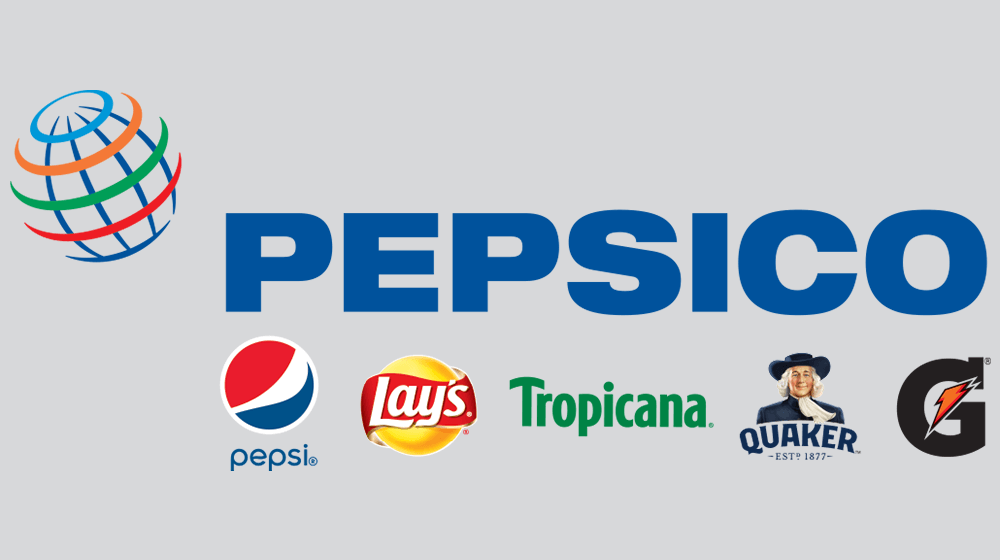Brief:
- 61% of surveyed consumers stated they would be most likely to purchase from a brand name that uses immersive innovation, such as increased and virtual truth (AR/VR) and 3D material, according to Accenture Interactive’s new “Try It. Trust It. Purchase It.” report.
- 47% of consumers said immersive innovations make them feel more linked to brand names and items. Likewise, 48% said they would much better keep in mind brand names that routinely engage them with immersive technologies, and 47% said they are most likely to engage with an item utilizing immersive technology if it can supply customized recommendations to suit their requirements.
- 64% of leading consumer brands are beginning to buy producing immersive experiences, ushering in a brand-new wave of digital commerce, per the report. According to the research, immersive experiences can improve consumer self-confidence in online purchases by 4% globally, and by 9% in North America.
Insight:
Accenture Interactive’s brand-new study suggests that with real-world experiences presently underwhelming, consumers are discovering some solace– and brand name connection– in immersive experiences connected to online shopping, an advancement that could result in broader usage of immersive technologies like AR/VR. Among the more than 3,000 consumers surveyed throughout North America, Europe, and Asia-Pacific, 47% stated tools such as VR, AR, and 3D content makes them feel more linked to products when shopping online.
While the research study discovered immersive experiences can improve consumer self-confidence and almost two-thirds of brand names are starting to purchase them, much of these experiences are one-off experiments, such as putting 3D designs on item pages, curating customized makeup schemes and hosting online fashion shows, kept in mind Rori Duboff, managing director of strategy and innovation at Accenture Interactive, in an article about the study. Brand names such as Wayfair, Pepsi, and Cadillac have just recently showcased immersive tools to engage customers with components such as 3D room preparation, AR gaming, and VR test-drives.
Yet, surveyed customers suggested they would like more, and better, immersive online shopping experiences. Nearly half (47%) said they would pay additional for a product if they might personalize or personalize it utilizing immersive innovations. Customers also showed they would be open to buying big-ticket items like vehicles and luxury goods online if they might use immersive experiences to attempt them out. These findings recommend marketers might begin to explore ways to more deeply incorporate immersive innovations into their efforts.
“Immersive technologies make this next age of shopping experiences possible,” Duboff composed. “These innovations have come of age. What was a quirky novelty just a couple of years earlier has ended up being an effective utility today.”
















